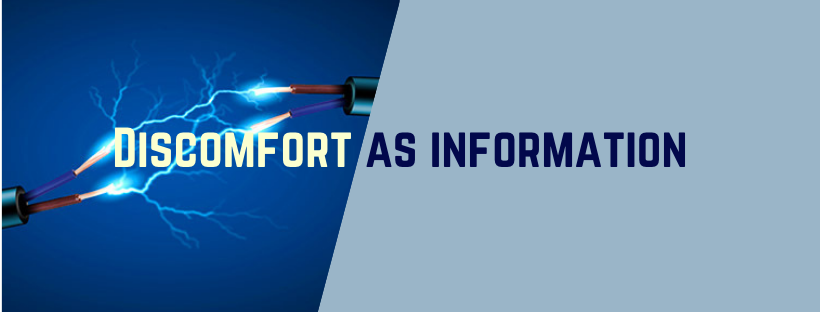Four academics published a paper last year entitled, “Confronting indifference toward truth: Dealing with workplace bullshit.” (See article and full citation here.) In it they presented the “C.R.A.P. framework for dealing with workplace bullshit”:
- Comprehend
- Recognize
- Act
- Exit. Escape from BS.
- Voice. Confront the BS.
- Loyalty. Accept the BS.
- Neglect. Disengage from the BS.
- Prevent
It was validating to see folks from Schools of Business talk about organizational culture in this way. While the framework was gravely missing a race/gender/class equity lens or analysis, it was a useful way to talk about people’s options within a hierarchical organization.
I’m so glad that the specific ways people have experienced injustices or felt deeply uncomfortable in our work/spaces – either towards “partners” or ourselves or teammates – is coming to light and are being described in detail. (See page 4 of Healing Solidarity’s Anti-racist reading and action list, including a section on people’s lived experiences in the global development sector. We’ve curated almost 90 articles, the first one from 1981!)
My work and Patreon page is often focused on option #3 on the “Act” part of the C.R.A.P. framework. Too often, when confronted with discomfort, it’s easier to exit, choose loyalty, or disengage. But pretending to be ok when we’re not, benefits no one.
What if discomfort is just a sign? A gauge? A piece of guidance? Information to act upon?

Discomfort alerts us to an injustice that is occurring or has occurred.
We can trust our discomfort with harm as it’s happening in our sector too (in big and small ways). We actually don’t have to follow rules and work within parameters of unjust systems. There is no need to be silent for anyone else’s comfort if we are going to democratize and decolonize aid systems rooted in imperialism and global inequality.
To build collective power and dismantle racist, gendered, classist, ableist ways of working, pissing people off is sometimes necessary. We don’t always have to be polite or professional. We can’t always be perfectly acceptable, and I believe speaking up is worth the risk (and can be intimidating).
Systems do not maintain themselves; even our lack of intervention is an act of maintenance. Every structure in every society is upheld by the active and passive assistance of other human beings. ~Sonya Renee Taylor
It’s worth the risk because a moment of discomfort can yield a world of growth. We can take our discomfort in a given situation, and give it back to those causing harm or to the person(s) who could make decisions to change it. The real gift of showing up in your own truth is that it gives others permission to do the same.
Any backlash or pushback we receive as a result may be evidence that your interruption of harm is making a dent. You can trust your discomfort with other people’s reactions as a clue that something indeed needed to be done.
Whether saying the hard thing brings the situation closer to change or resolution or not, know it is always worth it.
May we be willing to have hard conversations.
May we stop choosing the easy thing over the right thing.
May we always keep learning about our own capacity for pushing through discomfort.
May we all do this with as much compassion for ourselves and others as possible.
We can be braver, smarter, more steadfast, flexible, patient, trusting…together. With support, we can…
Risk. Recover. Learn. Grow. Repeat.
***
Related Posts
The only way to fight racism in our sector
Ways to be in action against anti-Black racism

